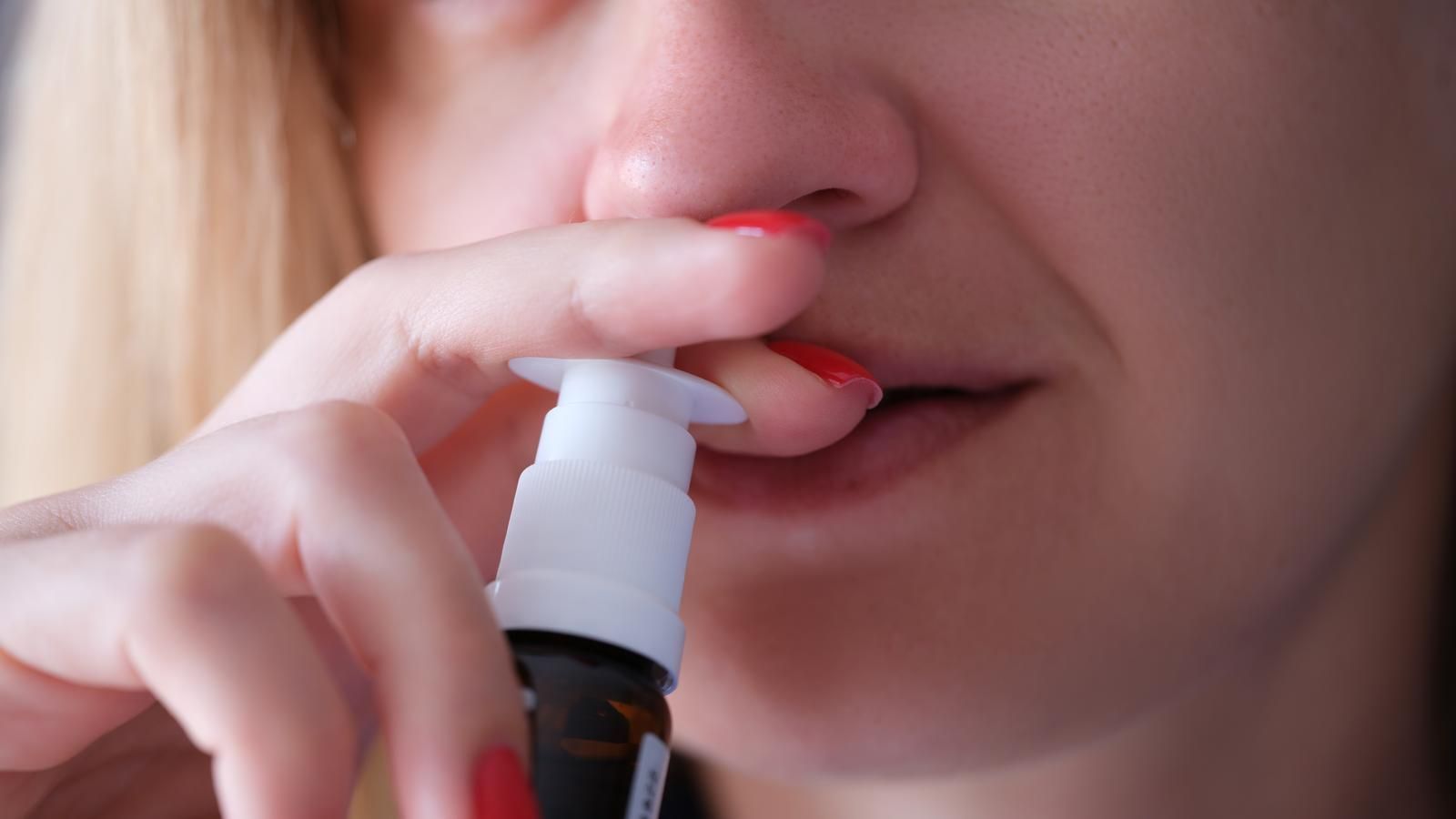What Complications Can a Dry Nose Cause? A Guide to Symptoms and Solutions
A dry nose isn’t just an annoyance—it can lead to several uncomfortable and even serious health issues if left untreated. Whether it is caused by dry air, allergies, medications, or underlying conditions, persistent nasal dryness can trigger complications ranging from nosebleeds to chronic infections.
In this blog, we’ll explore the potential complications of a dry nose, how to recognize them, and what you can do to keep your nasal passages healthy.
Why Does a Dry Nose Happen?
Before diving into complications, let’s quickly recap why your nose might feel dry in the first place:
- Low humidity (winter air, air conditioning, heaters)
- Dehydration (not drinking enough water)
- Medications (antihistamines, decongestants, blood pressure drugs)
- Allergies or irritants (dust, smoke, pollution)
- Medical conditions (Sjögren’s syndrome, atrophic rhinitis)
Now, let’s look at what can go wrong if a dry nose isn’t addressed.
5 Common Complications of a Dry Nose
1. Nosebleeds (Epistaxis)
When the nasal lining dries out, it becomes fragile and prone to cracking. Even minor irritation—like blowing your nose or scratching—can cause bleeding. Frequent nosebleeds may indicate chronic dryness or an underlying issue.
What to do:
- Use a saline spray or nasal gel to keep the area moist. For added relief, consider a moisturizing spray like Narisure—its blend of rose geranium oil and vitamin E soothes and protects delicate nasal tissue.
2. Sinus Infections (Sinusitis)
Your nose relies on mucus to trap bacteria and viruses. When it’s too dry, harmful particles can linger, increasing infection risk. Symptoms include facial pain, thick yellow/green mucus, and headaches.
What to do:
- Use a humidifier (especially at night).
- Try nasal irrigation (with sterile or distilled water) to flush out irritants.
3. Crusting and Foul Odors (Atrophic Rhinitis)
Severe dryness can lead to thick crusts inside the nose, sometimes with a bad smell—a condition called atrophic rhinitis. This rare condition is most likely to occur after nasal surgery or in autoimmune disorders.
What to do:
- See an ENT specialist if crusting persists.
- Use antibiotic or estrogen nasal ointments if prescribed.
4. Sore Throat & Coughing
A dry nose often forces mouth breathing, which dries out the throat. This can lead to:
- Pharyngitis (throat inflammation)
- Laryngitis (hoarse voice)
- Persistent dry cough
What to do:
- Stay hydrated (drink warm fluids like tea).
- Use a bedside humidifier while sleeping.
5. Sleep Disruptions & Fatigue
Chronic nasal dryness can cause snoring, frequent waking, and poor sleep quality, leading to daytime fatigue and irritability.
What to do:
- Elevate your head slightly while sleeping.
- Try nasal strips if congestion worsens at night.
When to See a Doctor
Most dry nose cases can be managed at home, but seek medical advice if you experience:
- Frequent nosebleeds
- Persistent foul-smelling crusts
- Signs of infection (fever, severe pain, colored mucus)
- Dryness with other symptoms (dry eyes/mouth, joint pain—possible Sjögren’s syndrome)
How to Prevent Dry Nose Complications
Keep your nasal passages healthy with these key steps:
- Use a humidifier (aim for 40–60% humidity).
- Stay hydrated (drink at least 8 glasses of water daily).
- Use saline sprays or nasal oils (like geranium oil, vitamin E, or coconut oil).
- Avoid irritants (smoke, strong perfumes, excessive AC/heating).
- Limit decongestant sprays (they can worsen dryness over time).
By taking these steps, you can protect your nose from discomfort and more serious complications.
Have You Experienced Dry Nose Problems?
Share your tips or questions in the comments! If you're still struggling with dry nose symptoms, an ear, nose, and throat (ENT) specialist can help.











